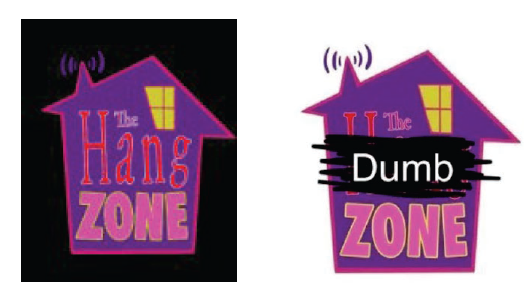In the noncompete lawsuit where the parent company of the popular Dallas sports talk radio station “The Ticket” is accusing two former hosts of running afoul of a noncompete agreement with their new venture, lawyers have been retained by both sides.
Representing Susquehanna Radio is L. David Anderson, a partner with BakerHostetler in Dallas, and an associate at the firm, Kendall Viator. The former hosts, Jacob Kemp and Daniel McDowell, have turned to a solo practitioner in Washington, D.C., Matthew Bruenig, to defend against the claims. According to Bruenig’s application for admission pro hac vice, Philip T. Kingston of Sheils Winnubst, a former member of the Dallas City Council, will serve as local counsel.
The lawsuit was filed Aug. 4 and has been assigned to U.S. District Judge Karen Gren Scholer.
Kemp and McDowell started hosting the show in February 2020, according to the lawsuit, and signed noncompete agreements at that time barring them from engaging in “any activities the same or essentially the same as” hosting The Hang Zone for six months after the end of their employment with Susquehanna.

Images taken from page 3 of the complaint
The duo left the station July 14, and days later launched a podcast dubbed The Dumb Zone that Susquehanna argues follows the same programming structure and is aimed at the same audience of Dallas-area sports fans.
Recording of that show began, Susquehanna alleges, while Kemp and McDowell were still employed by The Ticket.
“In addition to following the same programming structure, defendants talked at length on The Dumb Zone about their contract negotiations with The Ticket, mocked Susquehanna’s cease-and-desist (offering instead to “cease-and-cist”), threatened to release conversations defendants illicitly recorded with Susquehanna executives containing confidential information, criticized Susquehanna’s hiring and programming decisions, and actively disparaged Susquehanna employees,” the lawsuit alleges.
“In addition to openly and brazenly violating their non-competition and non-disparagement obligations, defendants proceeded to steal Susquehanna’s intellectual property, rebranding The Hang Zone’s social media accounts owned by Susquehanna.”
McDowell had worked for The Ticket since 1999 and Kemp was hired in 2009, according to the lawsuit. Failed contract negotiations preceded the duo’s exit from the station.
The sticking point, Susquehanna alleges, wasn’t compensation, which the parties agreed to, but instead was McDowell and Kemp’s desire to “engage in other independent media pursuits simultaneously with their employment with Susquehanna, specifically starting their own independent podcast.”
“During these discussions, defendants gave no indication that they were simultaneously recording a competing podcast, nor that they had any intent to start a competing podcast or otherwise violate their restrictive covenants,” the suit alleges.
Susquehanna on Tuesday filed an emergency application for temporary injunction and preliminary injunction, alleging that after they filed suit McDowell and Kemp uploaded a video “stating publicly that they would not stop uploading The Dumb Zone.”
“Defendant Kemp even mocked the Complaint itself by listing his name as ‘Kemp et al’ in the video,” the application alleges. “Defendants’ actions demonstrate their clear disregard for and contempt of their ongoing contractual obligations to Susquehanna.”
Bruenig, who is also the founder of the left-leaning People’s Policy Project thinktank, told The Lawbook in an email that he’s a National Labor Relations Act specialist and got involved with this lawsuit because he believes the radio company’s contracts and handbook provisions “clearly violate Section 8(a)(1)” of the act “by enjoining activity that is clearly protected by Section 7 of the NLRA.”
“Jake and Dan just want to be left alone to produce their own show,” Bruenig wrote. “That Cumulus is pursuing this ridiculous lawsuit against them reflects badly on the company and its priorities.”
Cumulus is the owner of Susquehanna. Bruenig was formerly an attorney at the NLRB.
The case number is 3:23-cv-01746.
